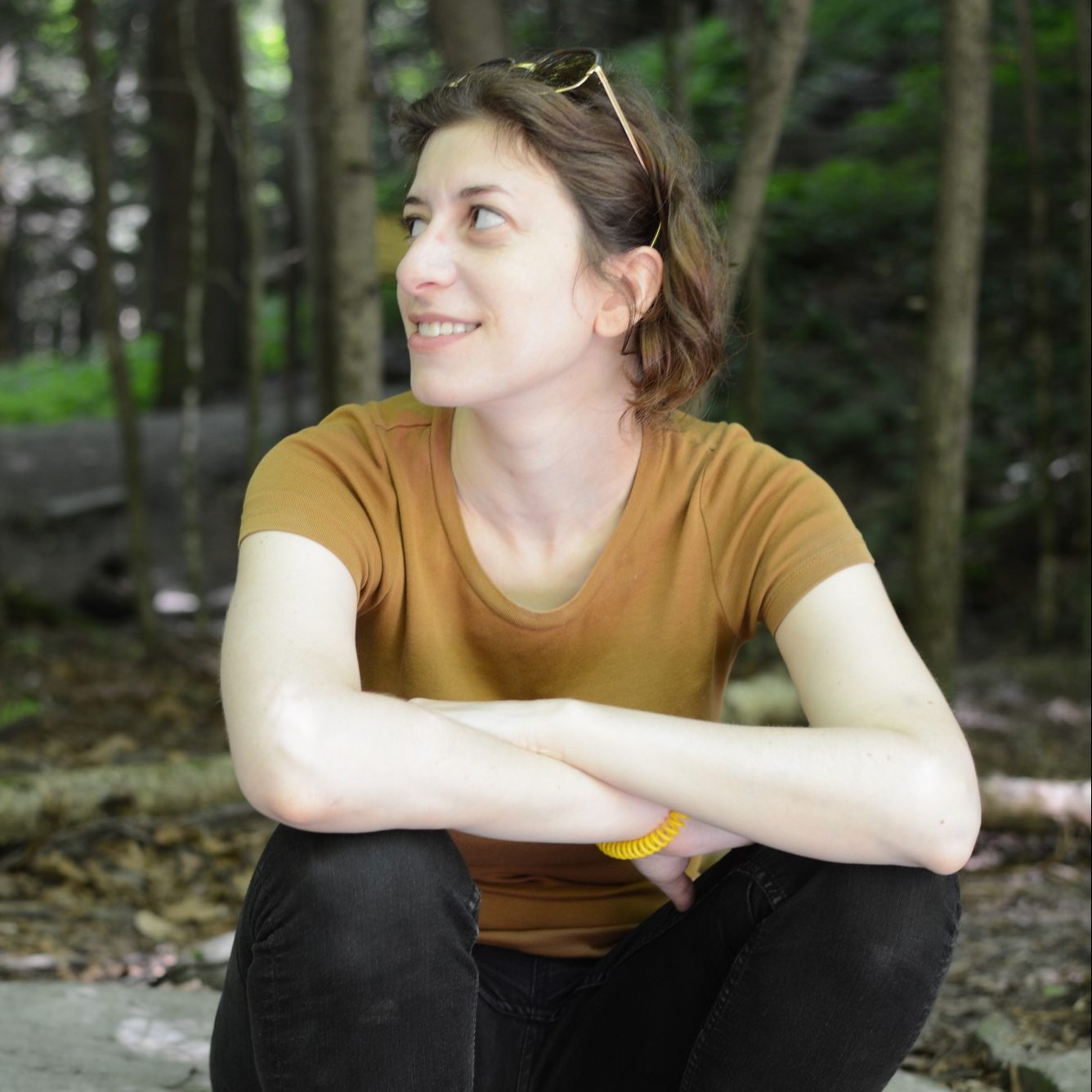Michele Hirsch, Psychology Today and Women Under Siege
At the time of this interview, Michele Hirsch was teaching journalism at Manhattanville College, writing for Smithsonian Magazine and was a book review editor at PsychCentral. Previously, she was assistant editor at Psychology Today magazine and associate editor of the “Women Under Siege” reporting project, founded by Gloria Steinem.

What does a typical workday look like for you?
My first big foray into editing was when I was on the staff of Psychology Today magazine. My job was split between writing and editing, which for me anyway was pretty ideal. I got to write my own pieces and also conceive ideas, find freelancers and edit their work. So that, for me, was my first big editing job in the journalism world, but I was casually editing friends’ cover letters and other people’s essays from a pretty young age.
After Psychology Today, when I was asked to work for “Women Under Siege,” my job was again a hybrid of writing and editing. I loved the combination, and at “Women Under Siege,” we were starting from scratch with the website, which was a very different experience than at Psychology Today. At Psychology Today, I had just started to understand this process that was already in place that other people had been using for years, and at “Women Under Siege,” I helped craft it from the start and helped think about big-picture editorial things, not just line edits on a particular piece but also what kind of work were we going to do, what kind of people we wanted to write for us.
What is your greatest challenge?
Psychology Today had a very big impact on me. Going through the print editing process, copy editing and making sure everything looked good, then getting a real magazine that I saw on newsstands, there’s nothing like that.
What is your favorite part about your job?
Editing your peers can be an incredible way to practice — and going outside of your comfort zone. It’s also a combination of trusting yourself and not being full of yourself. You have to not let your ego get in the way, and you have to admit to the person you’re editing — “Hey, I just need you to clarify what this means” — because otherwise you’re going to mess something up. You also have to put aside your “I’m the editor, I’m in charge” [mindset] and just ask them and have some humility about it.
What is the key difference between editing content for radio versus a print publication?
I think that a good editor or journalist should be able to work on anything. I always found psychology very interesting, even though I am no expert at all. That did feed into my ability as an editor and a writer at Psychology Today because any time you’re excited about something, I think you do better work. At “Women Under Siege,” the fact that I really cared about it did make it easier. I will say that when you are an editor at a place that writes about rape in war zones, especially as a woman, it is extremely psychologically taxing. You end up reading and editing and writing about completely horrific things, and if you don’t at least have some sort of passion about getting information out there about that subject, it would not necessarily be a good match.
— Angela Christaldi '17